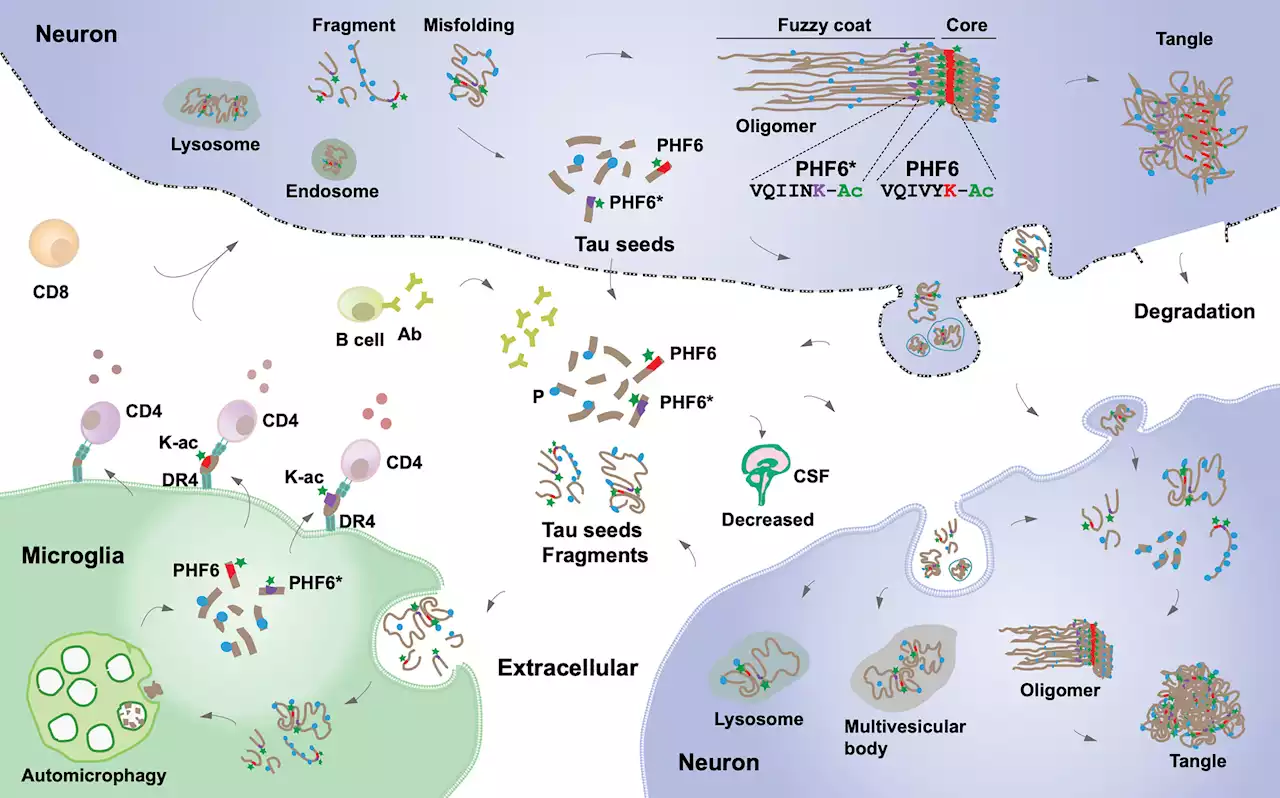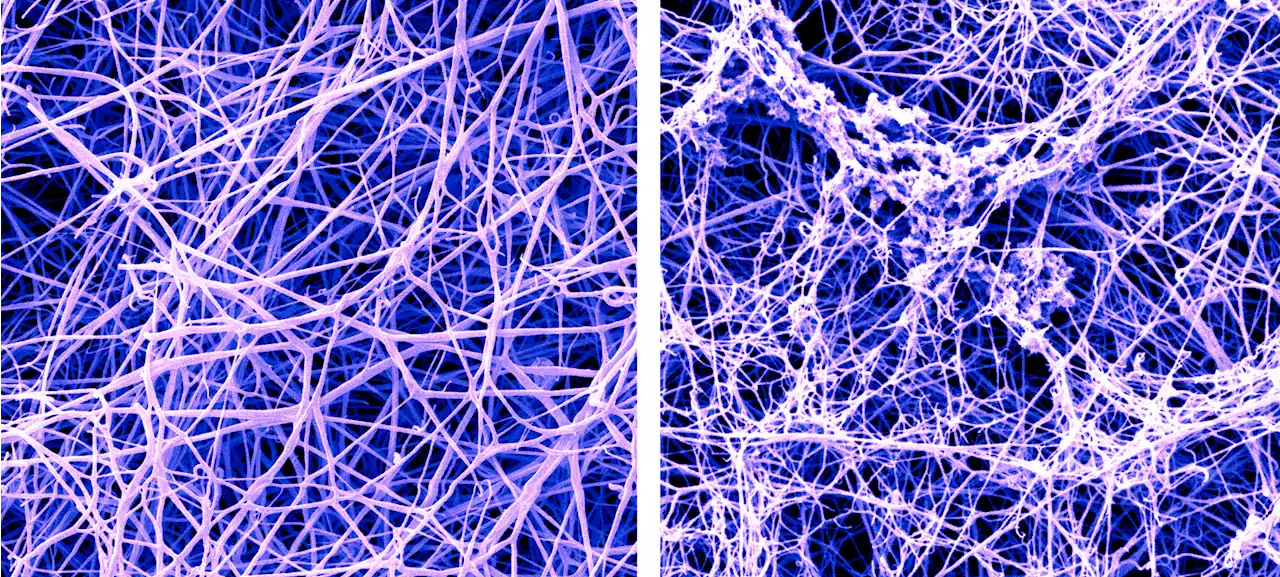A prominent childhood memory is of my grandparents living with and then dying from dementia. As is universal with dementia, there was a double blow: watching my grandparents lose their identity and seeing the suffering of those closest to them.
Consistent with the patterns in the trials of the other two drugs, this tells us that all groups in all these trials declined and the amount of decline that was avoided by taking the drug—in this case donanemab— was a lot smaller than the amount of decline that still occurred .
Regular scans will sometimes pick up these pathologies in dementia patients. And, indeed, one in 11 of those in the placebo group had evidence of bleeding, while one in 59 had swelling. For most people, these events were only detectable by MRI and not through showing any specific symptoms. However, the effects of this drug's damage to the brain, particularly the long-term effects, are unknown.Aducanumab was marketed in the U.S.
The donanemab trial suggested that treatment could end when brain scans showed sufficient amyloid clearance. But we don't know if amyloid will return after some time. Regular monitoring for amyloid recurrence and repeated bouts of treatment would add further costs. There are other impositions for patients: attending centers every two to four weeks for drug infusions and regular monitoring and worrying about side-effects.It is accepted that not all trial"efficacy" will convert into clinical"effectiveness" . This is concerning, because there's little wriggle room before the effects become undetectable. And, while this is the case for all diseases, Alzheimer's is likely to be an extreme example.
For every 10 patients that doctors thought might be eligible for these trials, seven or eight were rejected. People with brain pathologies other than amyloid, such as vascular damage or
Danmark Seneste Nyt, Danmark Overskrifter
Similar News:Du kan også læse nyheder, der ligner denne, som vi har indsamlet fra andre nyhedskilder.
 Aligning Rhythms, Defying Alzheimer's: Intermittent Fasting's Role in Combating Alzheimer's Disease NeurodegenerationThought Leaders Dr.
Aligning Rhythms, Defying Alzheimer's: Intermittent Fasting's Role in Combating Alzheimer's Disease NeurodegenerationThought Leaders Dr.
Læs mere »
 New study finds genetic factor fends off Alzheimer's and Parkinson'sAbout one in every five people carries a version of a gene that—although largely unsung—appears to confer protection against both Alzheimer's disease and Parkinson's disease, Stanford Medicine investigators and their colleagues have learned. These lucky people may someday benefit all the more from a vaccine that could slow or stall the progression of these two most common neurodegenerative conditions.
New study finds genetic factor fends off Alzheimer's and Parkinson'sAbout one in every five people carries a version of a gene that—although largely unsung—appears to confer protection against both Alzheimer's disease and Parkinson's disease, Stanford Medicine investigators and their colleagues have learned. These lucky people may someday benefit all the more from a vaccine that could slow or stall the progression of these two most common neurodegenerative conditions.
Læs mere »
 New blood test gives high accuracy screen for Alzheimer's diseaseA new blood test called p-tau217 shows promise as an Alzheimer's disease biomarker, and when used in a two-step workflow very high accuracy to either identify or exclude brain amyloidosis, the most important and earliest pathology. That is an innovation now presented by researchers at the University of Gothenburg, together with colleagues at University of Lund and in Montreal, Canada.
New blood test gives high accuracy screen for Alzheimer's diseaseA new blood test called p-tau217 shows promise as an Alzheimer's disease biomarker, and when used in a two-step workflow very high accuracy to either identify or exclude brain amyloidosis, the most important and earliest pathology. That is an innovation now presented by researchers at the University of Gothenburg, together with colleagues at University of Lund and in Montreal, Canada.
Læs mere »
 Alzheimer's screening just got easier, more accurate with new blood testA new blood test called p-tau217 shows promise as an Alzheimer's disease biomarker, and when used in a two-step workflow very high accuracy to either identify or exclude brain amyloidosis, the most important and earliest pathology.
Alzheimer's screening just got easier, more accurate with new blood testA new blood test called p-tau217 shows promise as an Alzheimer's disease biomarker, and when used in a two-step workflow very high accuracy to either identify or exclude brain amyloidosis, the most important and earliest pathology.
Læs mere »
 Unlocking how the new Alzheimer's drug lecanemab worksApproved by the FDA earlier this year, the Alzheimer's therapy lecanemab is an antibody that reduces the buildup in the brain of a sticky peptide called amyloid-beta (Aβ), which is thought to be a main driver of the disease. Dispensed in bimonthly infusions, lecanemab specifically targets protofibrils, the type of Aβ clumps thought to be the most neurotoxic. Studies have shown that lecanemab slows cognitive and functional decline in early-stage Alzheimer's patients.
Unlocking how the new Alzheimer's drug lecanemab worksApproved by the FDA earlier this year, the Alzheimer's therapy lecanemab is an antibody that reduces the buildup in the brain of a sticky peptide called amyloid-beta (Aβ), which is thought to be a main driver of the disease. Dispensed in bimonthly infusions, lecanemab specifically targets protofibrils, the type of Aβ clumps thought to be the most neurotoxic. Studies have shown that lecanemab slows cognitive and functional decline in early-stage Alzheimer's patients.
Læs mere »
 Volunteer group holds first of new meetings to provide new opportunitiesThe group recently held a get-together for volunteers.
Volunteer group holds first of new meetings to provide new opportunitiesThe group recently held a get-together for volunteers.
Læs mere »
